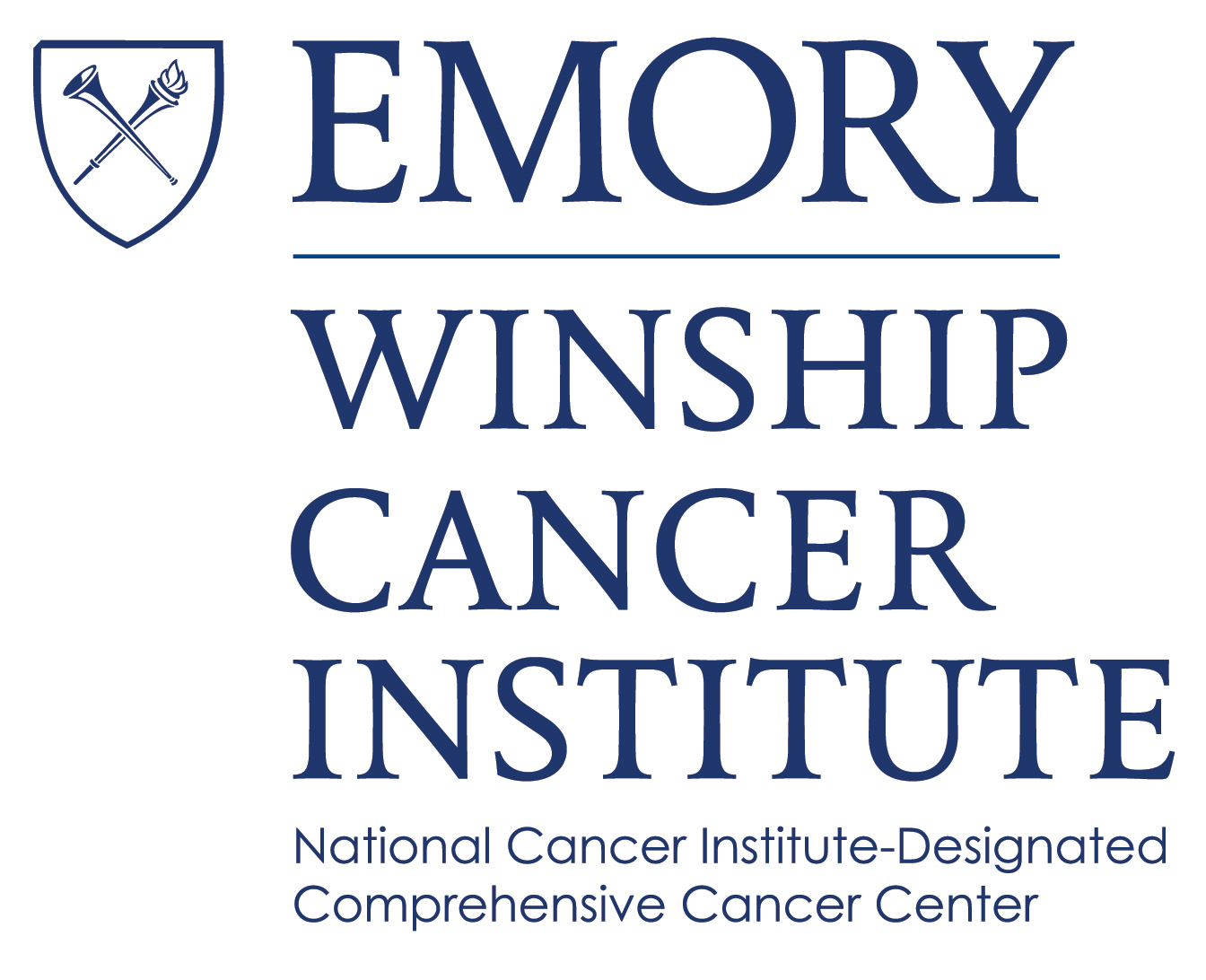- Advertise
- About OncLive
- Editorial Board
- MJH Life Sciences brands
- Contact Us
- Privacy
- Terms & Conditions
- Do Not Sell My Information
2 Clarke Drive
Suite 100
Cranbury, NJ 08512
© 2024 MJH Life Sciences™ and OncLive - Clinical Oncology News, Cancer Expert Insights. All rights reserved.
NCI Designates Winship as a Comprehensive Cancer Center
The National Cancer Institute has named Winship Cancer Institute at Emory University a Comprehensive Cancer Center.
Walter J. Curran Jr, MD
The National Cancer Institute (NCI) has named Winship Cancer Institute at Emory University a Comprehensive Cancer Center.
Approximately 1% percent of all cancer centers in the United States hold that designation. Including Winship, the only such center in Georgia, there are 48 Comprehensive Cancer Centers in 36 states and the District of Columbia.
“The NCI comprehensive cancer center designation signifies Winship’s outstanding research and education programs are changing the lives of the citizens of Georgia for the better,” Winship Executive Director Walter J. Curran Jr, MD, said in a statement. “As the first and only NCI-designated comprehensive cancer center in the state, our clinicians and researchers work tirelessly to substantially lessen the burden of cancer on the lives of Georgia’s residents.”
The 80-year-old Winship Cancer Institute first earned NCI cancer center designation in 2009, and the grant was renewed in 2012. As defined by NCI, cancer centers focus on laboratory research, population science and clinical research. Plus, these facilities must demonstrate efforts in improving cancer care and prevention.
Comprehensive Cancer Centers must operate rigorous programs in all 3 of those areas of research, and they must have a strong body of interactive research that connects these different areas. They must initiate and conduct early phase, innovative clinical trials and participate in the NCI’s cooperative group trials. These centers are also expected to engage in outreach and education, and provide information on advances in healthcare for both healthcare professionals and the public. NCI-affiliated institutions also offer training for scientists, physicians, surgeons, and other professionals seeking specialized training or board certification in cancer-related disciplines.
To become a Comprehensive Cancer Center, an institution must go through a rigorous evaluation process that includes a written grant and a site visit conducted by more than two dozen scientists from peer institutions.
Winship’s visit included videotaped remarks from former President Jimmy Carter supporting Winship's application. The 92-year-old Carter was diagnosed with metastatic melanoma in 2015. He was declared cancer-free last year after surgery and immunotherapy with pembrolizumab (Keytruda).
“I never knew that my own life would be saved by research that was funded through the NCI and its program that laid the foundation for such centers as Winship,” Carter told the assembled clinicians and researchers. “Recently, I needed the very care that I have advocated for, care that exists through the NCI’s cancer center program."
Winship is currently conducting more than 250 clinical trials, including studies assessing environmental and genetic issues unique to cancer in Georgia with the very specific goals of reducing the risk and detecting disease at the earliest stage. Winship scientists have received $110 million in external peer-reviewed funding from 440 grants in support of this research.
University president Claire E. Sterk said becoming a Comprehensive Cancer Center will help Emory improve the health and well-being of Georgia citizens and “expand its extraordinary faculty of scientists and innovative thinkers by attracting new and highly qualified investigators.” “Winship is the only institution of its kind in the state. It has become Georgia’s epicenter of cancer research, education, and care,” Jonathan S. Lewin, MD, Emory University's executive vice president for health affairs and president, CEO, and chairman of the board of Emory Healthcare, said in a statement. “Winship is a gateway to clinical trial enrollment for metro Atlanta and beyond, importantly including our historically underserved populations.”
An estimated 50,000 Georgians will be diagnosed with cancer this year, and approximately one-third will receive some component of their treatment at one of Winship's clinical locations in metropolitan Atlanta. Patients have full access to teams of experts using approaches to cancer not available outside of a top research cancer center.
The NCI takes pride in developing scientific knowledge and turning promising laboratory discoveries into new treatments. An estimated 250,000 patients receive their cancer diagnosis at an NCI-Designated Cancer Center. An even larger number of patients are treated for cancer at these centers each year. The centers also provide public education and outreach programs on cancer prevention and screening, with special attention to the needs of underserved populations.


